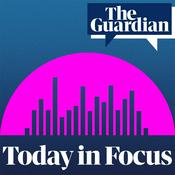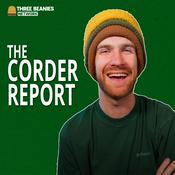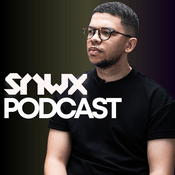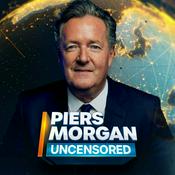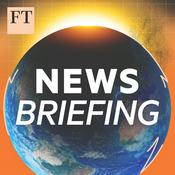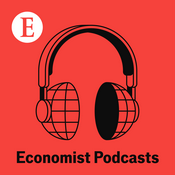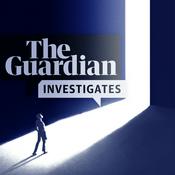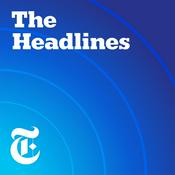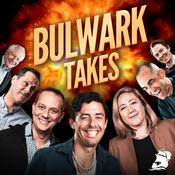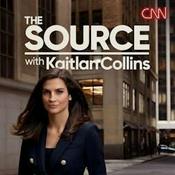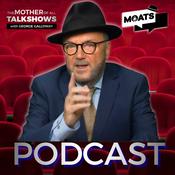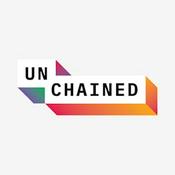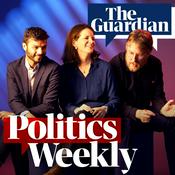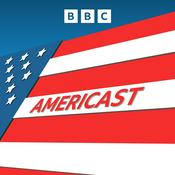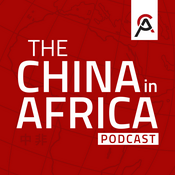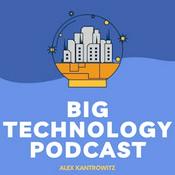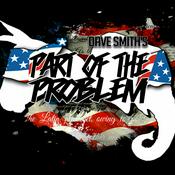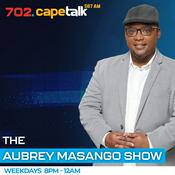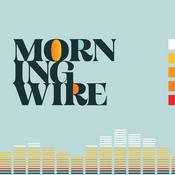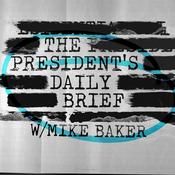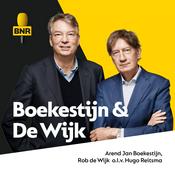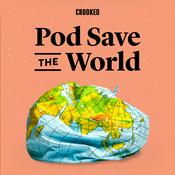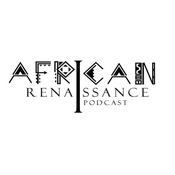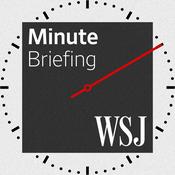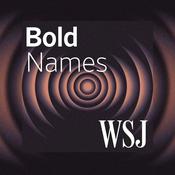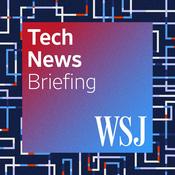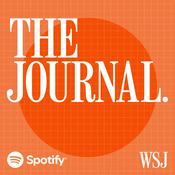445 episodes
- P.M. Edition for Feb. 12. Border czar Tom Homan says “Operation Metro Surge” in Minnesota is ending. WSJ immigration policy reporter Michelle Hackman discusses how the administration is wrapping up an operation that sparked outrage after the deaths of two U.S. citizens. Plus, U.S. stocks dropped today as AI worries resurfaced. And home sales fell more than 8% in January, their biggest decline in nearly four years. Alex Ossola hosts.
Sign up for the WSJ's free What's News newsletter.
Learn more about your ad choices. Visit megaphone.fm/adchoices - A.M. Edition for Feb. 12. The GOP-led House rejects President Trump's Canada tariffs, but backs him up on his voter-ID push. Plus, Elon Musk announces a shakeup at xAI as it merges with SpaceX. And WSJ’s Aimee Look and CI&T’s Melissa Minkow discuss how years of rising prices have left consumers increasingly cost-conscious – a trend clearly on display in recent retail earnings. Luke Vargas hosts.
Sign up for the WSJ’s free What’s News newsletter.
Learn more about your ad choices. Visit megaphone.fm/adchoices - P.M. Edition for Feb. 11. The U.S. economy added 130,000 jobs in January, its strongest growth in over a year. The number surpassed economists’ expectations. WSJ economics reporter Justin Lahart joins to discuss what the numbers mean for the economy. Plus, immigration enforcement in South Texas is leaving half-built homes sitting empty. We hear from Journal reporter Elizabeth Findell about the impact that’s having on the local economy. And the committee organizing the 2028 Los Angeles Olympics said that Casey Wasserman will remain its chair after his name appeared in the most recent batch of Jeffrey Epstein files. Alex Ossola hosts.
Sign up for the WSJ's free What's News newsletter.
Learn more about your ad choices. Visit megaphone.fm/adchoices - A.M. Edition for Feb. 11. The FAA is halting flights to and from El Paso, Texas for unspecified security reasons. Plus, House lawmakers issue a stinging rebuke of GOP leadership as they vote to allow challenges to President Trump’s tariffs. And WSJ markets reporter Hannah Erin Lang explains how Wall Street’s hunt for cheaper stocks is boosting bets on the rest of the world. Luke Vargas hosts.
Sign up for the WSJ’s free What’s News newsletter.
Learn more about your ad choices. Visit megaphone.fm/adchoices - P.M. Edition for Feb. 10. Commerce Secretary Howard Lutnick is facing calls to resign over his relationship with Jeffrey Epstein, which a recent batch of files shows was more extensive than he previously revealed and included a visit to Epstein’s island. Plus, the U.S. is producing lots of natural gas, but American factories say they are increasingly cut off from fuel during the coldest winter days. Journal commodities reporter Ryan Dezember tells us why it’s a pipeline problem and how manufacturers manage when their gas supply is interrupted. And reporter Jasmine Li discusses the matchmaking algorithm that’s taking the Stanford campus by storm. Alex Ossola hosts.
Sign up for the WSJ's free What's News newsletter.
Learn more about your ad choices. Visit megaphone.fm/adchoices
More News podcasts
Trending News podcasts
About WSJ What’s News
What's News brings you the biggest news of the day, from business and finance to global and political developments that move markets. Get caught up in minutes twice a day on weekdays, then take a step back with our What’s News in Markets wrap-up on Saturday and our What’s News Sunday deep dive.
Podcast websiteListen to WSJ What’s News, Today in Focus and many other podcasts from around the world with the radio.net app
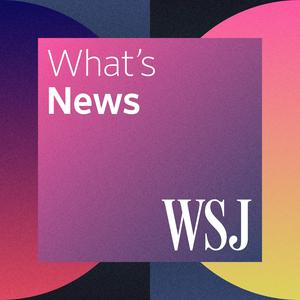
Get the free radio.net app
- Stations and podcasts to bookmark
- Stream via Wi-Fi or Bluetooth
- Supports Carplay & Android Auto
- Many other app features
Get the free radio.net app
- Stations and podcasts to bookmark
- Stream via Wi-Fi or Bluetooth
- Supports Carplay & Android Auto
- Many other app features


WSJ What’s News
Scan code,
download the app,
start listening.
download the app,
start listening.

